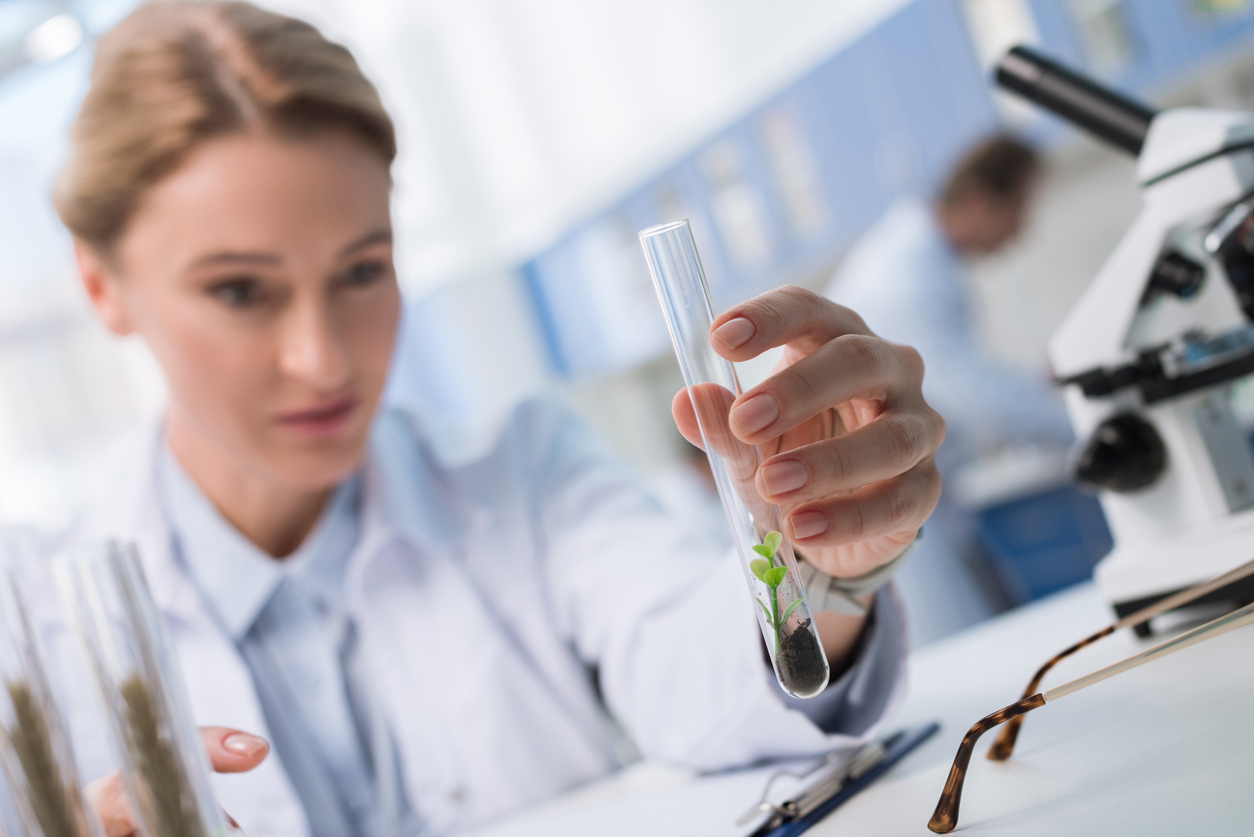
Speed Breeding to Help Preserve Australia’s Mango and Macadamia Industries
March 23, 2022| |
To help growers better understand the function of different genes in mango and macadamia trees, Queensland University of Technology (QUT) researchers are developing new tools for testing gene function to speed up the development of elite cultivars for both tree industries to respond quickly to challenges like pests, diseases, and climate change.
Mango and macadamia account for half of Australia's horticultural industry, but both have not undergone extensive molecular breeding programs to produce elite cultivars to make them more resilient to pests, diseases, and climate change impacts. Dr. Stephanie Kerr and her team intend to address this by developing new techniques that use nanoparticles to influence the gene expression for flowering and possibly shorten the plants' juvenile period.
The first technique will use ‘nanotubes' designed to be small enough to enter the cells of the plant to introduce molecules that turn off the expression of genes that stop the plant from flowering. The second technique is ‘micro wounding' or micro dermal needling to create tiny holes in the surface of the leaf to make it more susceptible to Agrobacterium infection and deliver molecules that turn on gene expression for earlier flowering.
Both techniques were proven successful in other tree crops, in which the juvenile periods were reduced from 7-20 years into just several weeks or months. If Kerr and her team will be successful with the new techniques, mango and macadamia cultivars that can cope with pests, diseases, and climate change can be developed in shorter periods of time.
Learn more from the news release by QUT.
| |
You might also like:
- Pocket K No. 50: Biotech/GM Trees
- ESF Scientists Develop Transgenic American Chestnut Trees
- Forestry Organizations Should Lift Ban on GM Trees, Scientists
Biotech Updates is a weekly newsletter of ISAAA, a not-for-profit organization. It is distributed for free to over 22,000 subscribers worldwide to inform them about the key developments in biosciences, especially in biotechnology. Your support will help us in our mission to feed the world with knowledge. You can help by donating as little as $10.
-
See more articles:
-
News from Around the World
- Study Finds Scientific Evidence, Benefits Can Dispel Public’s Doubt Towards GMOs
- Bioenergy Scientists Discover Genetic Pathway for Easier and Less Costly Biofuels Processing
- UC Davis Team Develops GM Lettuce to Protect Astronauts' Bones in Long Spaceflights
- Australia's OGTR Invites Comments on Field Trial of GM Canola and Indian Mustard
- Speed Breeding to Help Preserve Australia’s Mango and Macadamia Industries
-
Research Highlights
- Transgenic Sugarcane Field Trials in Indonesia Exhibit Promising Results
- RNAi-based GM Potato Plants Exhibit Resistance to Potato Virus Y
- Research Shows Nutritional Impact of Regenerative Farming
-
Read the latest: - Biotech Updates (February 18, 2026)
- Gene Editing Supplement (January 28, 2026)
- Gene Drive Supplement (February 22, 2023)
-
Subscribe to BU: - Share
- Tweet

